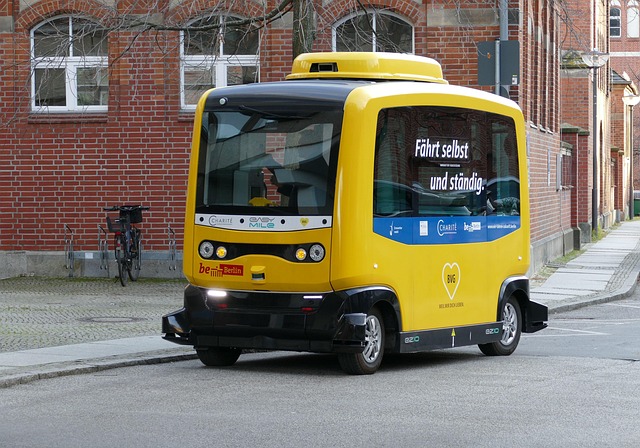The New Wave of Automation in Business
In a world increasingly driven by technology, the advent of autonomous vehicles stands as a transformative force across various sectors, particularly in the realm of automation and robotics. Imagine a future where goods are delivered seamlessly, operations run without human intervention, and efficiency reaches new heights. This is not merely a fantasy but an emerging reality shaped by the synergy between robotics, artificial intelligence, and automation in business.
The Role of Robotics in Autonomous Vehicles
Robotics plays a crucial role in the functionality of autonomous vehicles. These sophisticated machines are equipped with an array of sensors, cameras, and complex algorithms, enabling them to navigate their surroundings with precision and safety. As companies continue to innovate in this space, we see a profound shift in how businesses operate. From delivery trucks to drones, the incorporation of robots is revolutionizing supply chains, minimizing human error, and enhancing productivity.
Artificial Intelligence: The Brain Behind the Wheels
At the heart of autonomous vehicles lies artificial intelligence (AI). AI empowers these vehicles to analyze vast amounts of data, make decisions in real-time, and learn from their experiences. This capability not only optimizes routes and reduces fuel consumption but also presents endless opportunities for businesses to automate processes. By integrating AI with autonomous technology, organizations can streamline operations, enhance customer experiences, and respond dynamically to market demands.
Automation in Business: A Game Changer
The implications of autonomous vehicles extend far beyond transportation. As businesses increasingly adopt automated systems, we witness a significant transformation in productivity and efficiency. Companies are re-evaluating traditional workforce models, considering how automation can complement human efforts rather than replace them. This shift allows businesses to allocate resources more effectively, focus on strategic growth, and innovate without the typical constraints of manual processes.
The Emotional Landscape of Automation
While the technical advancements in autonomous vehicles can evoke excitement and curiosity, they also stir a mix of emotions regarding the future of work. The idea of machines taking over tasks that once required a human touch can be daunting. However, it’s essential to recognize that automation does not imply job loss but rather a change in roles. This new landscape requires a workforce that adapts and evolves, enhancing its skill set to collaborate with these advanced technologies.
The joining of autonomous vehicles, robotics, and artificial intelligence within the framework of business automation embodies a future filled with possibilities. As we embrace this revolution, it’s crucial to engage in dialogues about the ethical implications and workforce transitions that accompany such innovations. By doing so, we can harness the full potential of automation, ensuring that it serves as a bridge to a more efficient and innovative business environment.




